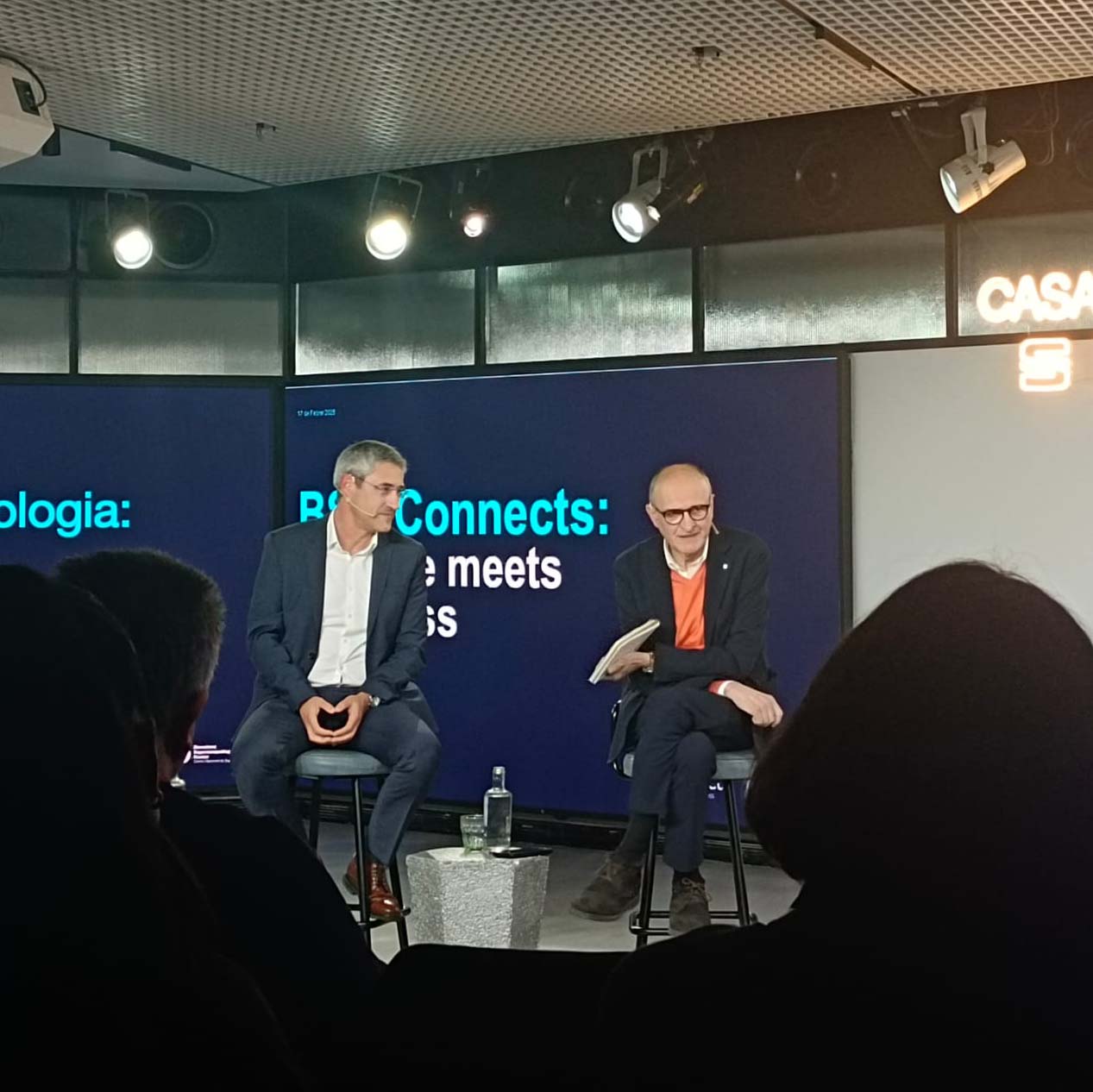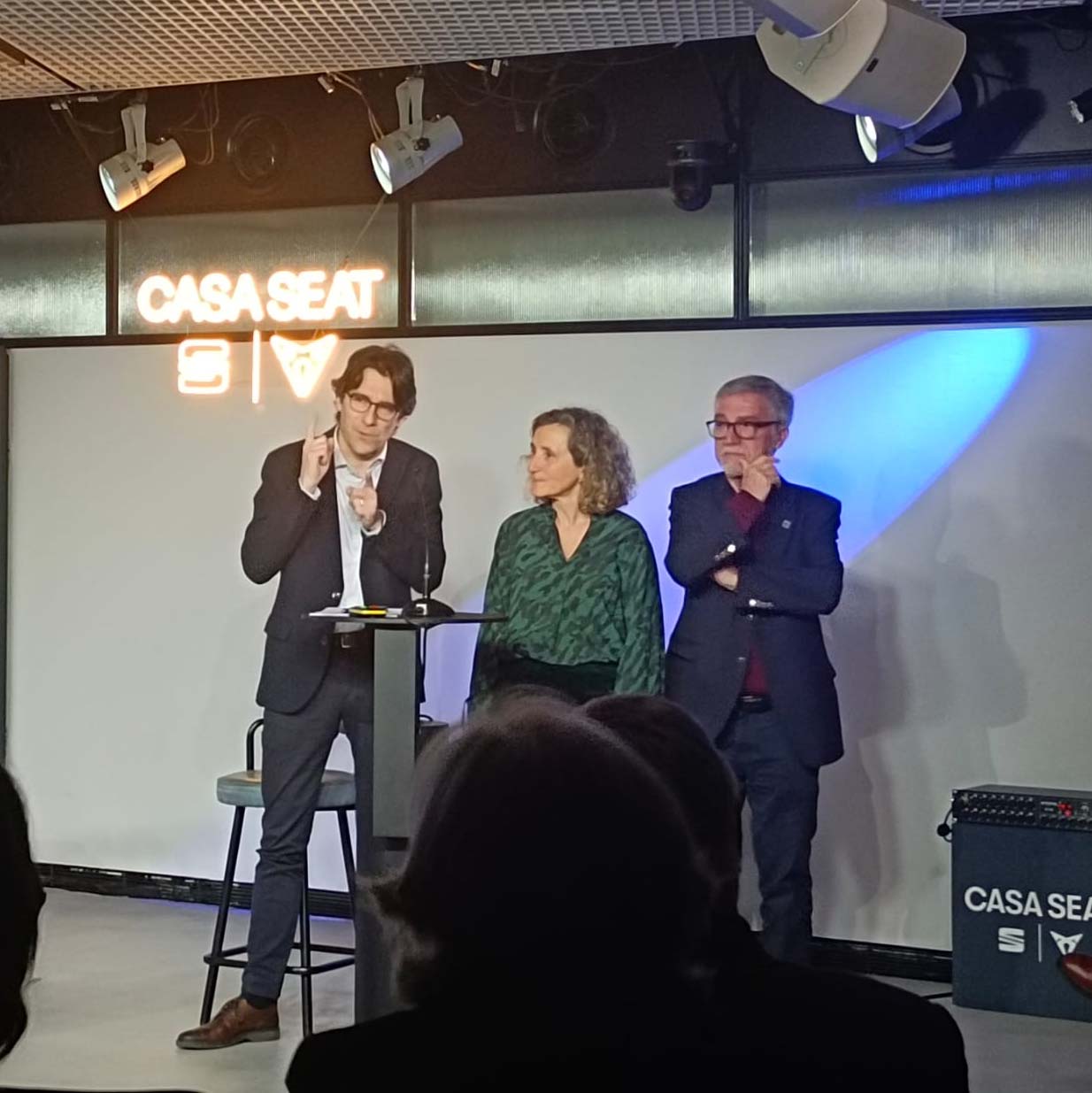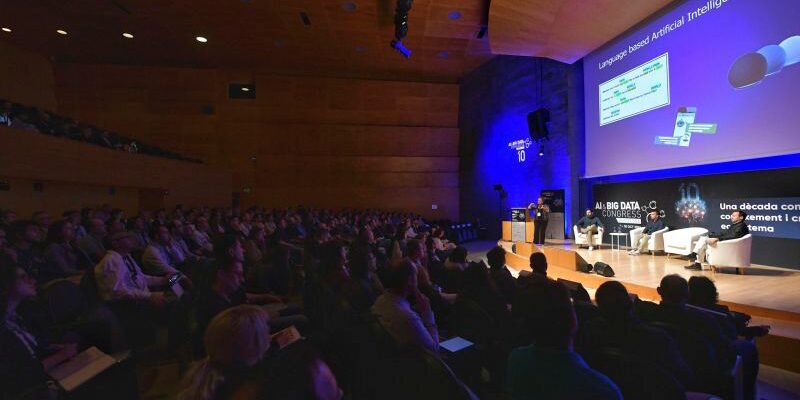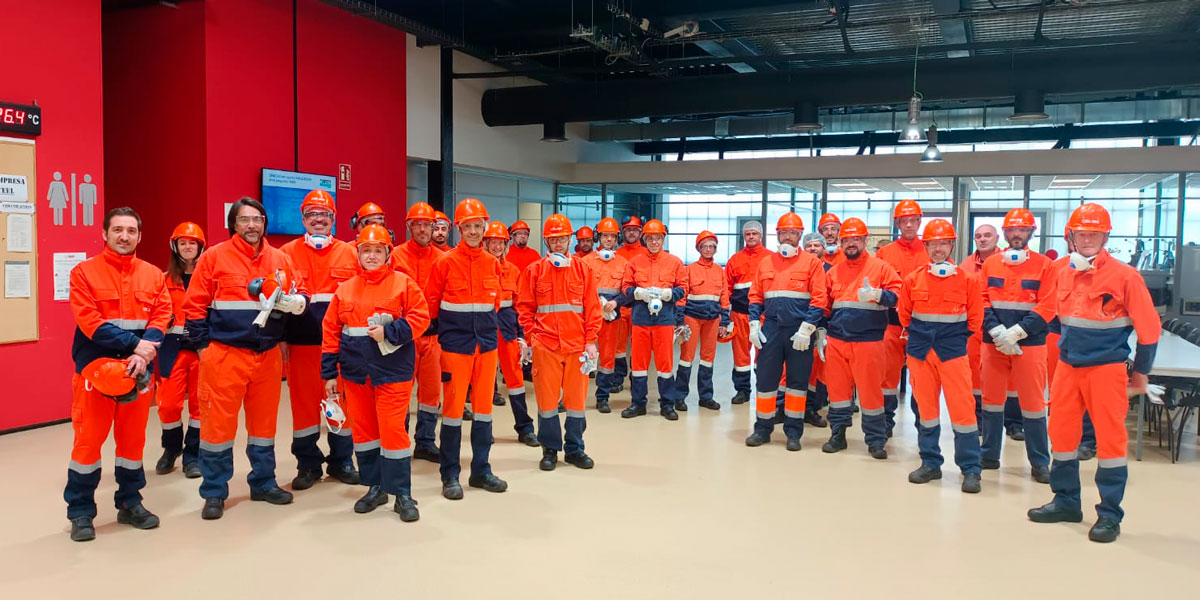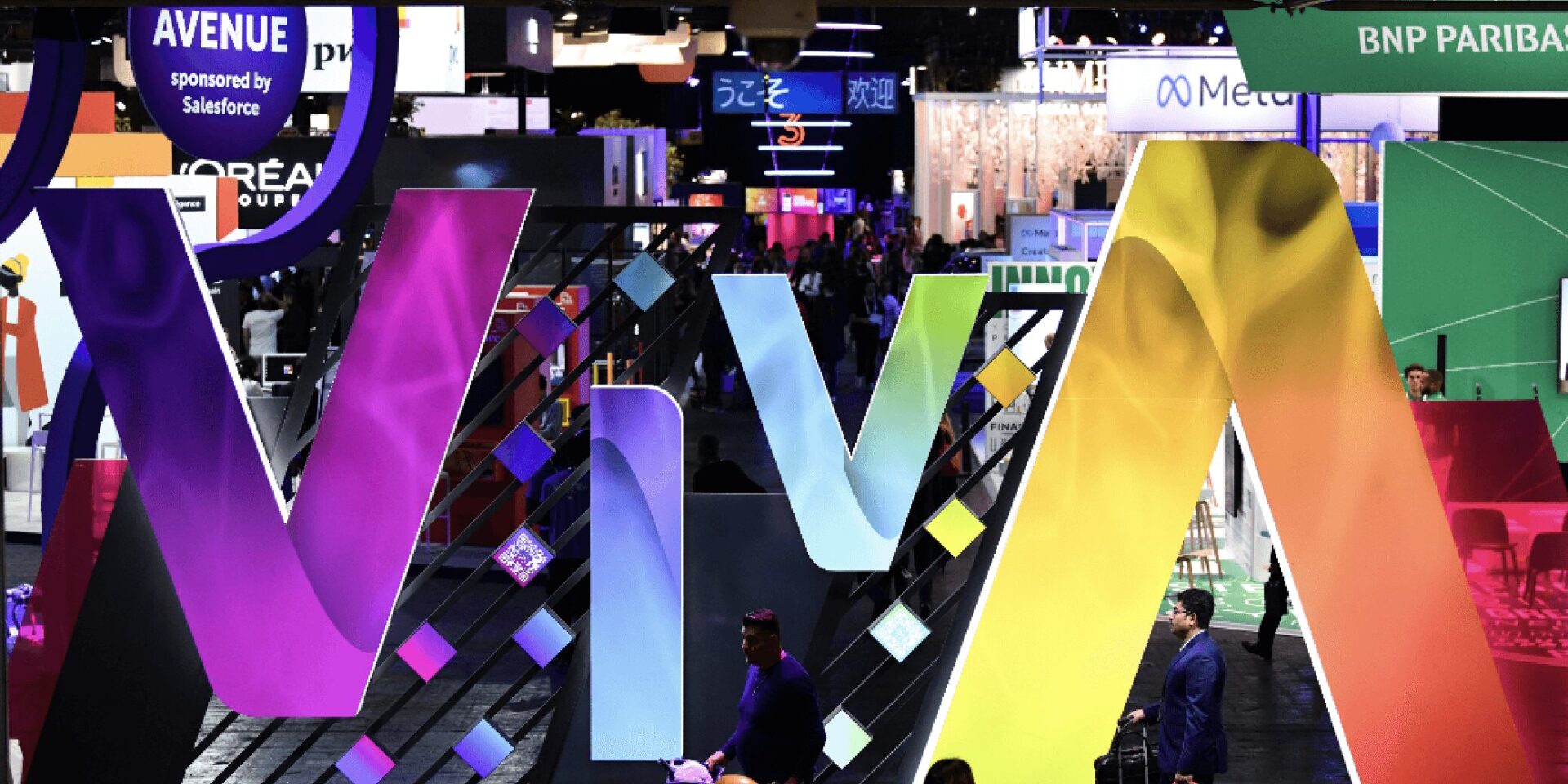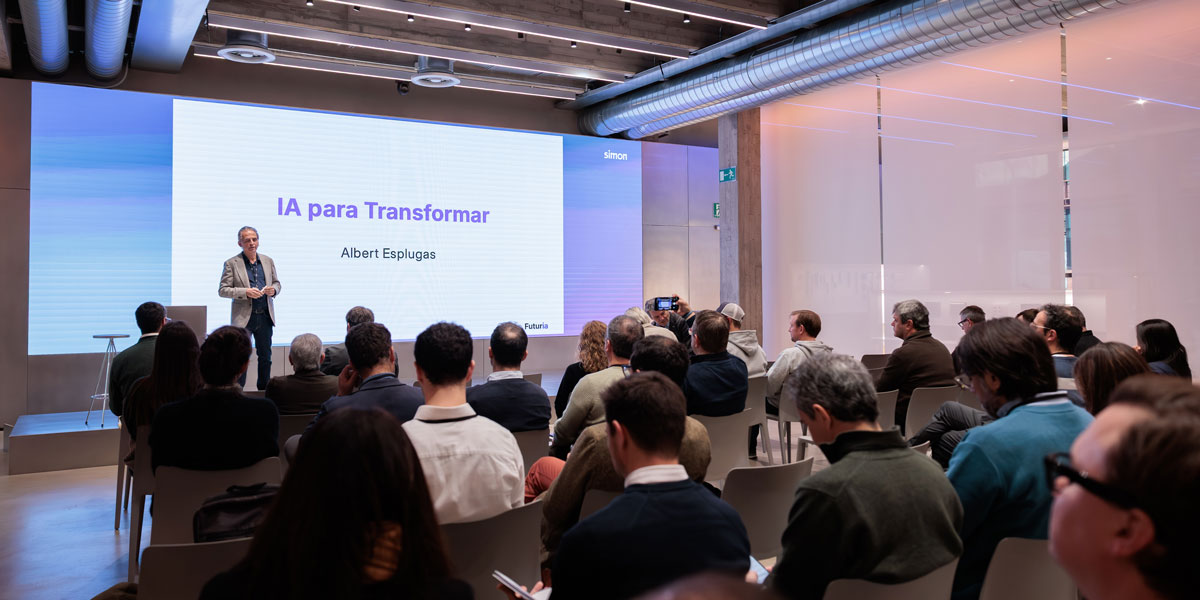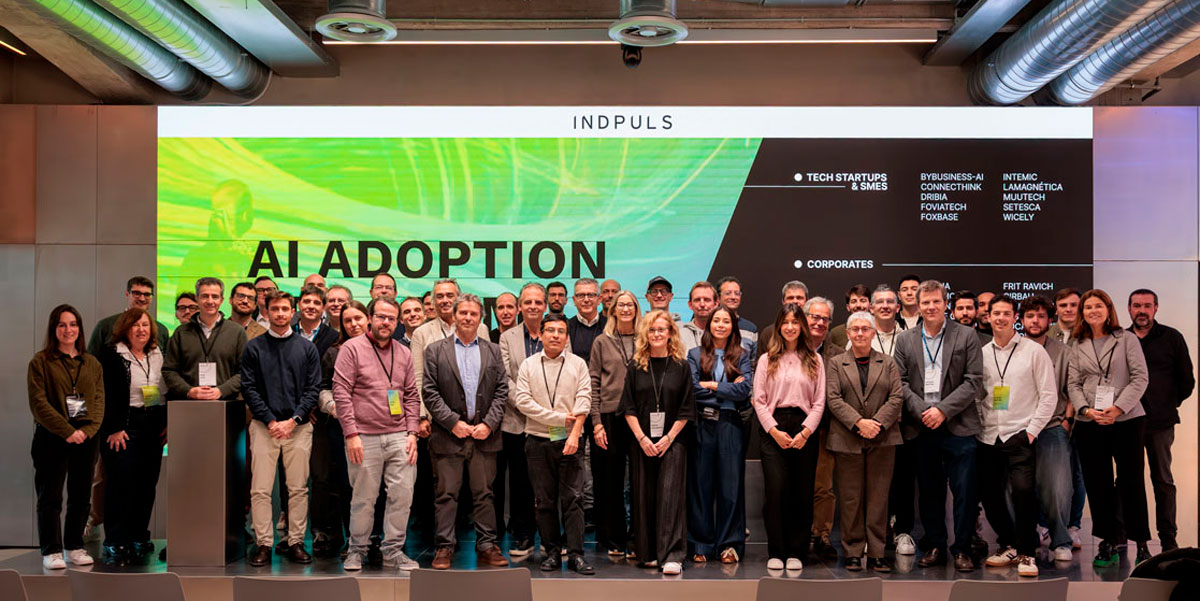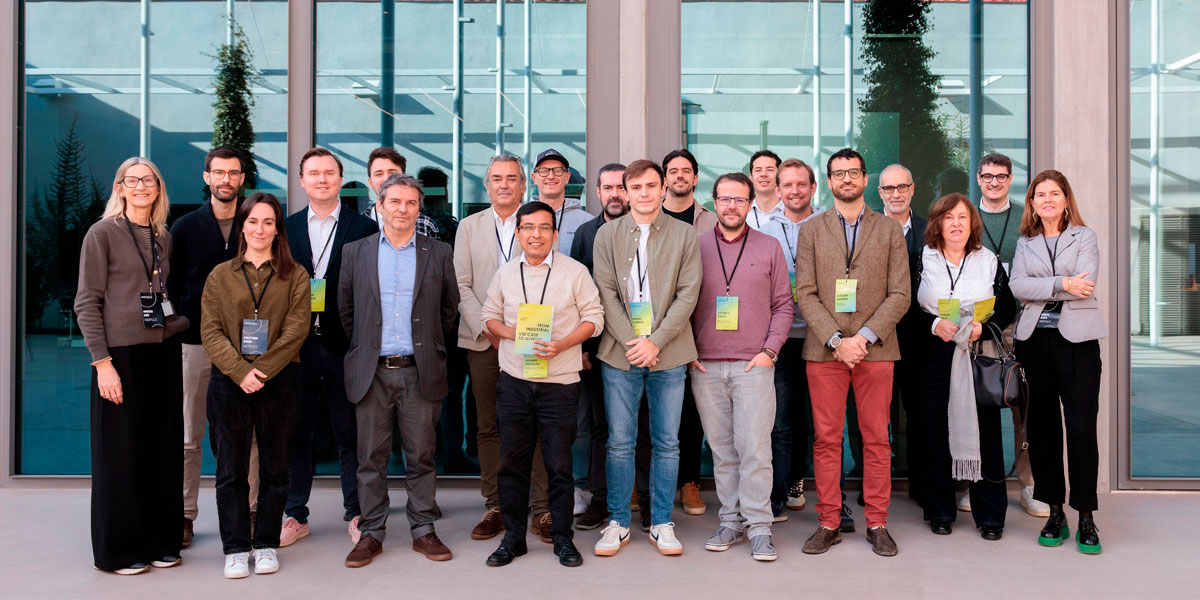BSC Connects: Science and Business, a Strategic Link for Innovation
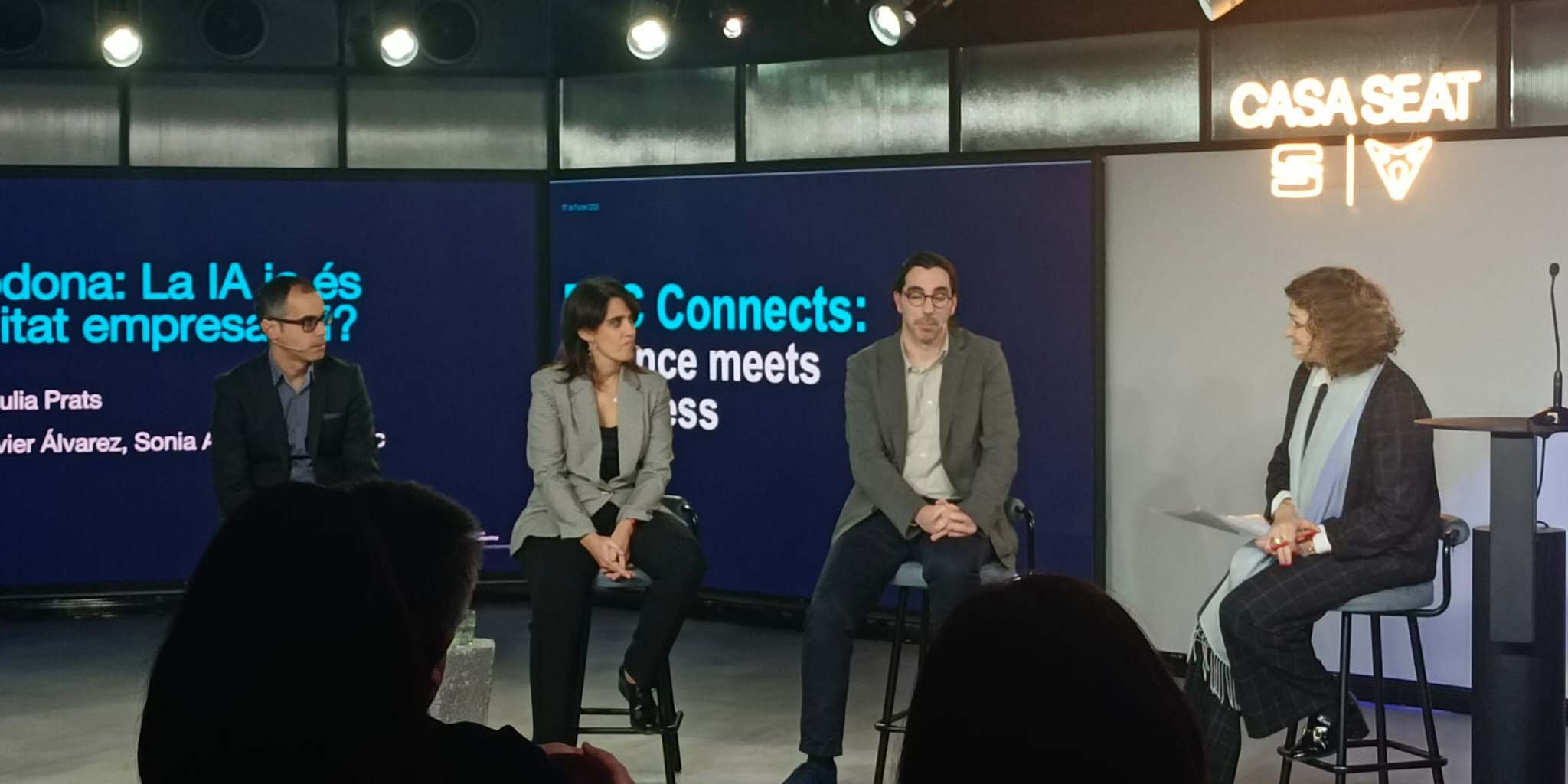
On February 17, at the iconic Casa SEAT venue in Barcelona, the BSC Connects: Science Meets Business event took place. This new program by the Barcelona Supercomputing Center – National Supercomputing Center (BSC-CNS) is designed to strengthen strategic alliances between science and the business world.
The event was inaugurated by Javier Selva, General Director of Knowledge Transfer and Society at the Ministry of Research and Universities of the Government of Catalonia.
Innovation with Impact: The Mission of BSC
The session was introduced by Pep Martorell, Associate Director of BSC-CNS, who highlighted the importance of combining excellence and relevance in scientific research. “It is essential that science has a real impact on society and business competitiveness,” he stated. With this premise, BSC presented its proposal to help companies enhance their R&D through its capabilities in advanced computing and data analysis.
Key Factors for Business Innovation Success
One of the highlights of the event was a discussion between Xavier Marcet, President of Lead to Change, and Ramon Pastor, Global Head and General Manager at HP, who addressed the key variables for successful innovation:
- Culture: Attitude, customer focus, and proactivity make the difference. Innovating to solve existing needs is more efficient than creating products without clear demand.
- Talent: Having the right talent is essential, both to identify problems and to process solutions. Companies must decide which talent to retain in-house and which to seek externally.
- Processes: Well-structured innovation processes are key to turning ideas into effective solutions.
- Timing: Being half a step ahead of the market is crucial. The maturity of innovation must align with the right moment for adoption.
Xavier Marcet stressed the need for a European humanistic management model and a European innovation model. He also emphasized the major challenge for BSC in bridging the gap between science and business at a crucial moment for Europe, with limited opportunities left.
Artificial Intelligence in Business: Real-World Cases
A roundtable discussion on the real-world application of Artificial Intelligence (AI) in business, moderated by Julia Prats (IESE), brought together leaders from various sectors to share their challenges and insights:
- Almirall highlighted how AI helps identify processes and improves disease understanding in pharmaceutical research.
- RENFE discussed its challenges in data governance, supplier standardization, and personalization of services to enhance the customer experience.
- Vueling presented its collaboration with BSC in advanced weather modeling and route optimization to improve operational sustainability.
Challenges for Innovation: Data, Talent, and Collaboration
Participants agreed that data management remains a major challenge: while some companies, such as RENFE, have an abundance of data trapped in silos, others, like Almirall, face difficulties in generating it. Additionally, the need to attract specialized talent and foster greater collaboration to share data and develop more efficient solutions was highlighted.
BSC Connects: Toward a European Innovation Model
During the presentation of the BSC Connects program, Mariona Sanz, Director of Innovation at BSC, emphasized BSC’s openness to collaborating with companies to accelerate the adoption of disruptive solutions based on supercomputing and AI. The program is structured around the creation of hybrid business-BSC teams, with a differentiated learning model focused on results.
In the closing remarks, Mateo Valero, Director of BSC-CNS, emphasized that science must be relevant and focused on solving real-world problems. He also underlined the importance of developing chip gigafactories in Europe, with the vision that Barcelona could play a key role in this strategic sector.
Final Consideration
The event made it clear that collaboration between science and business is essential to address future technological challenges. BSC Connects positions itself as a key bridge to bring scientific knowledge closer to real market needs, promoting an innovation model that benefits both industry and society.
With the backing of a leading institution like BSC and the commitment of top companies, the digital transformation and AI development in Europe now have a clearer and more structured path. The challenge ahead is to leverage these opportunities and turn them into real impact.
What role will your company play in this revolution?
